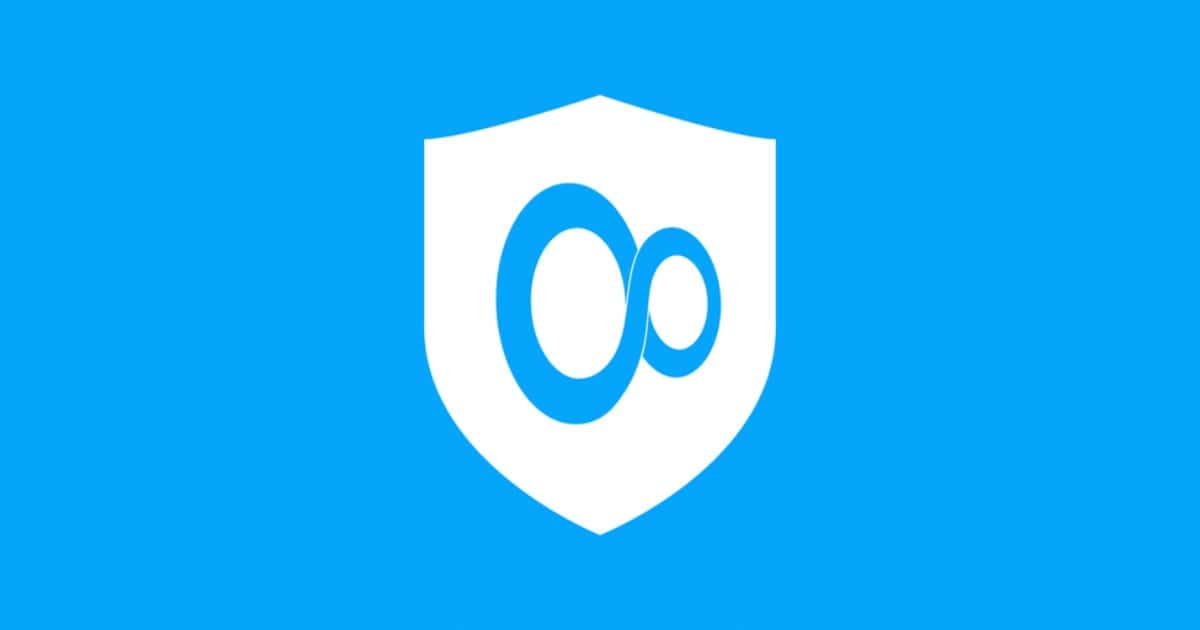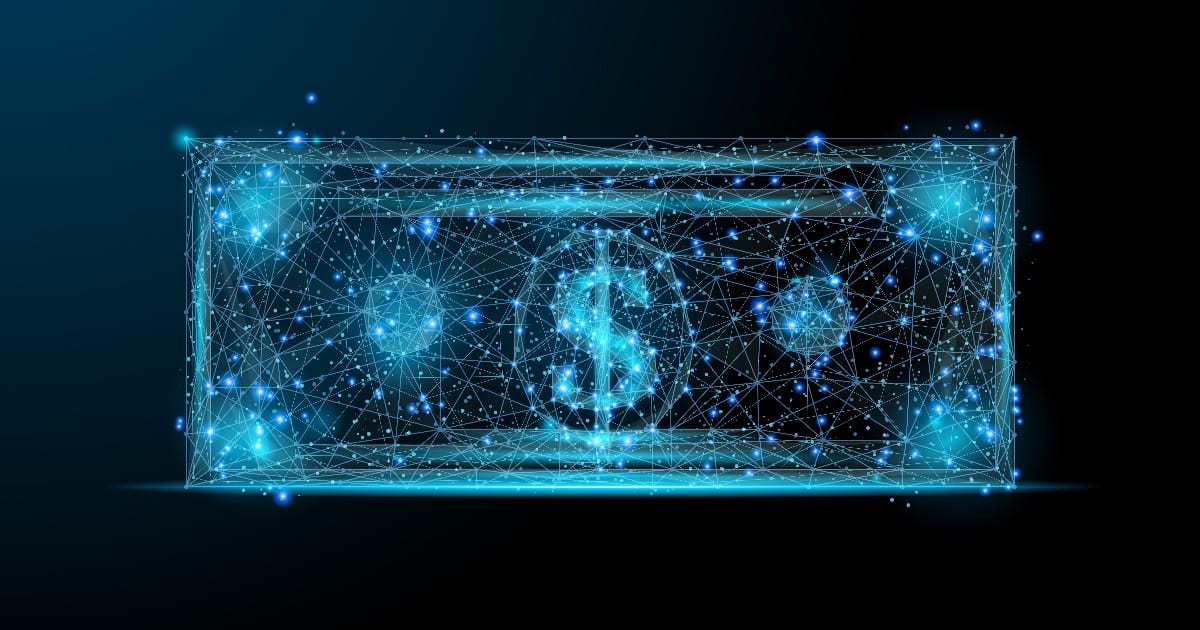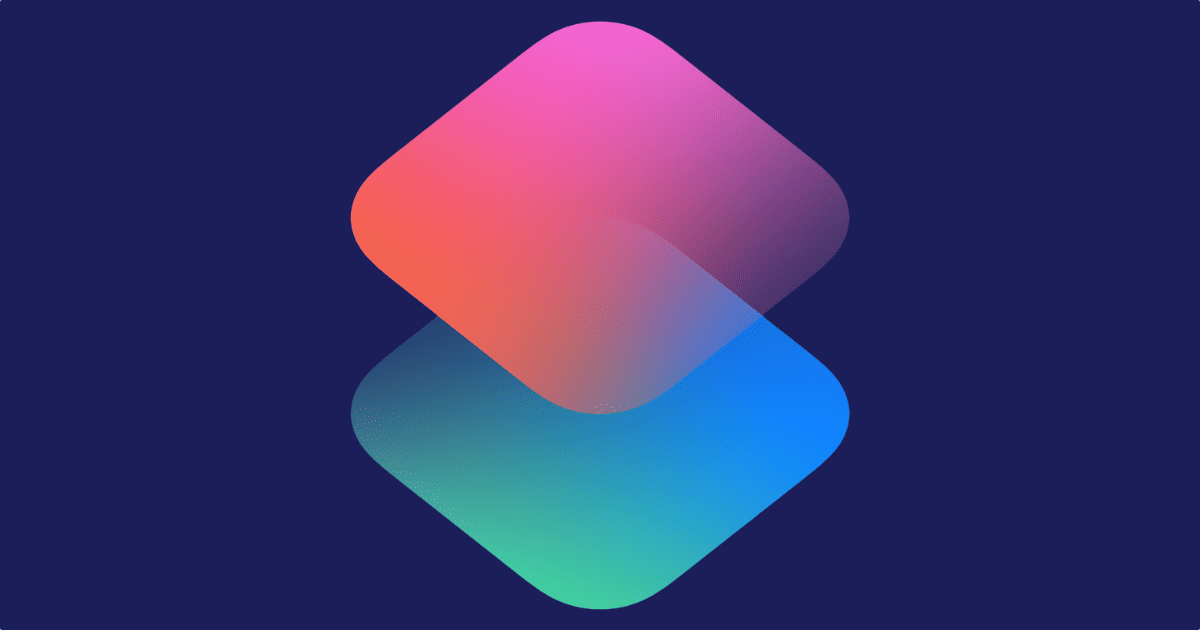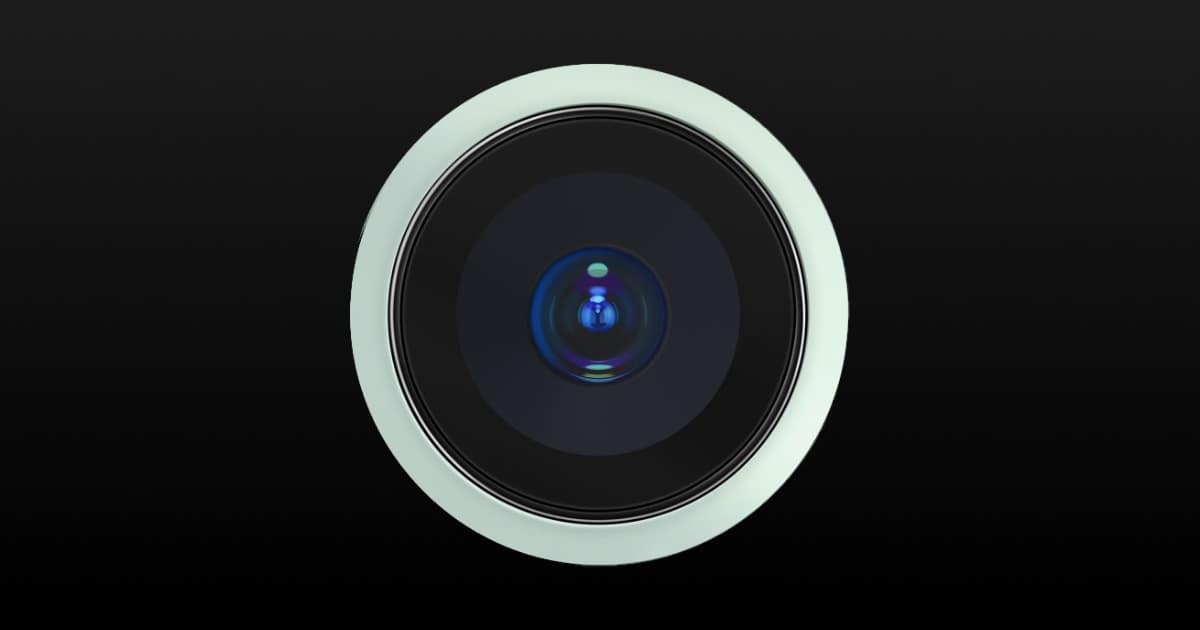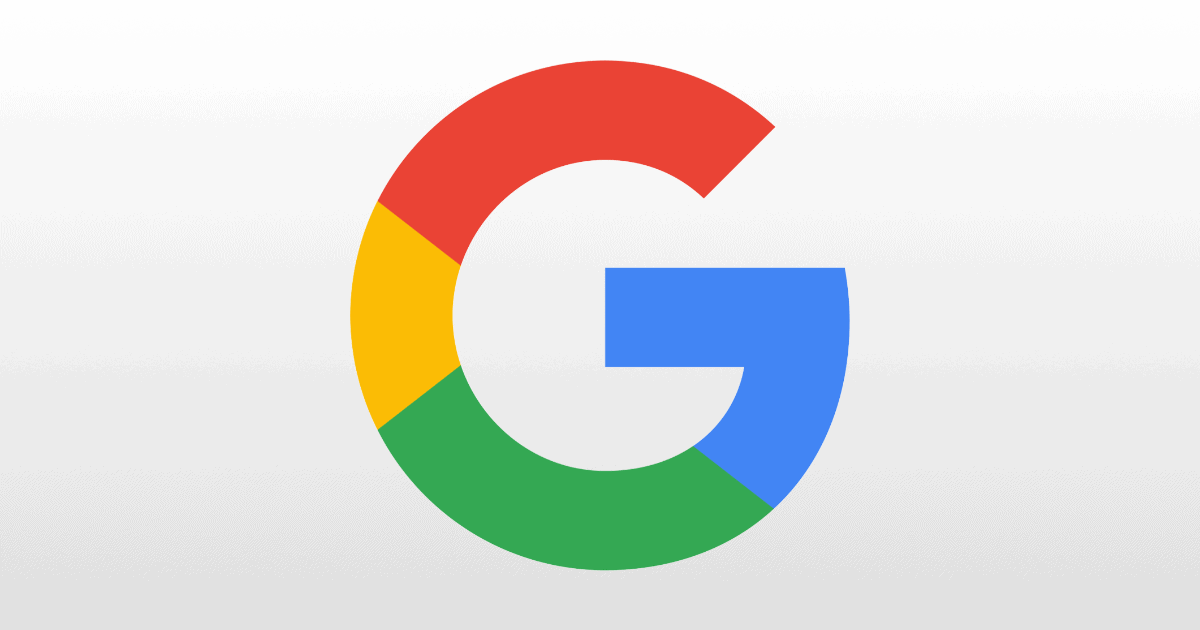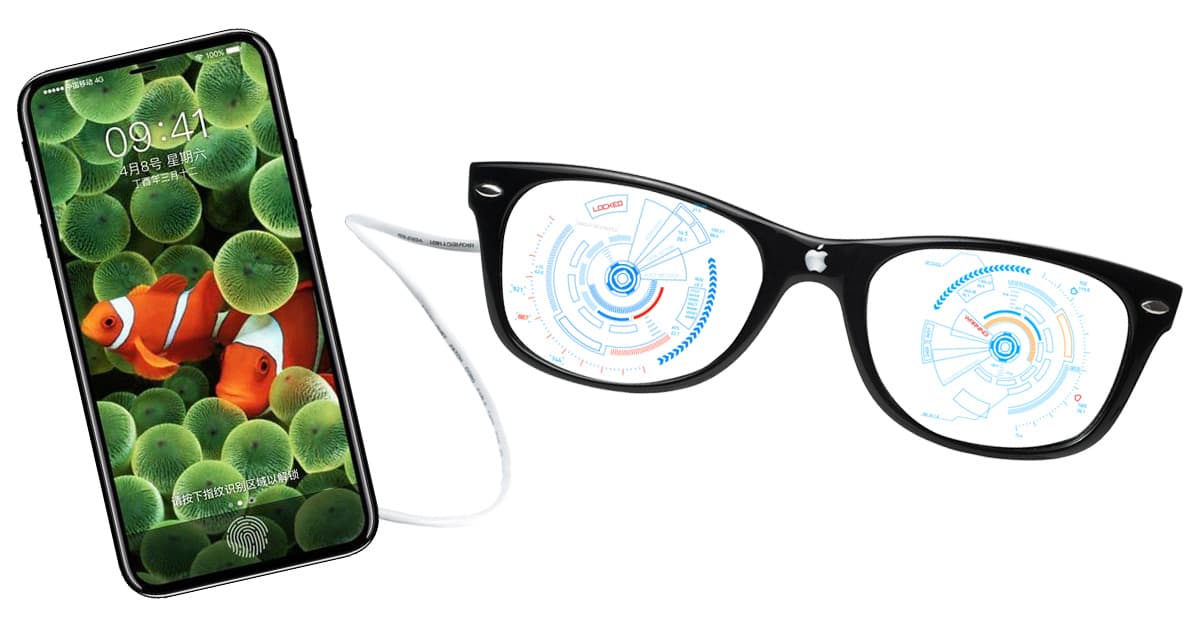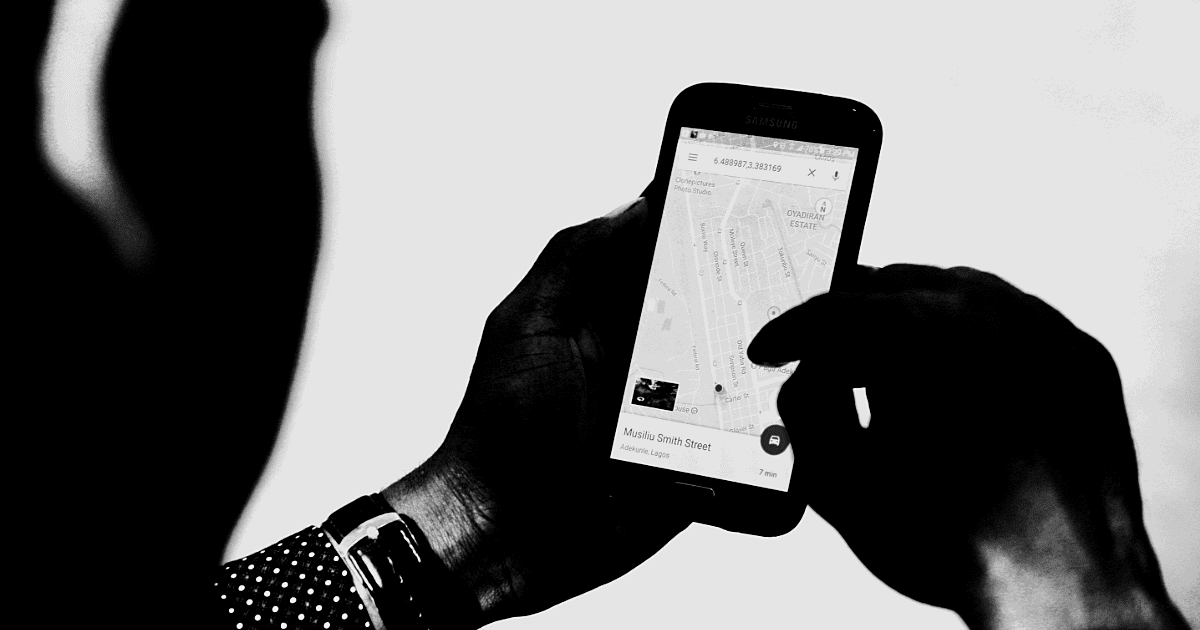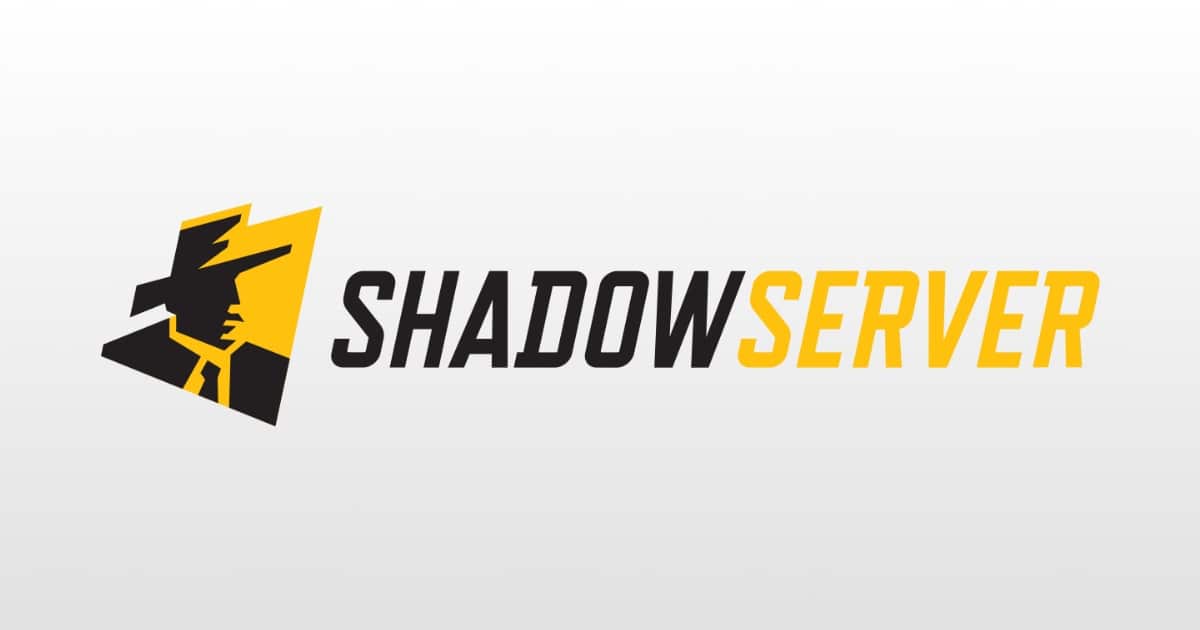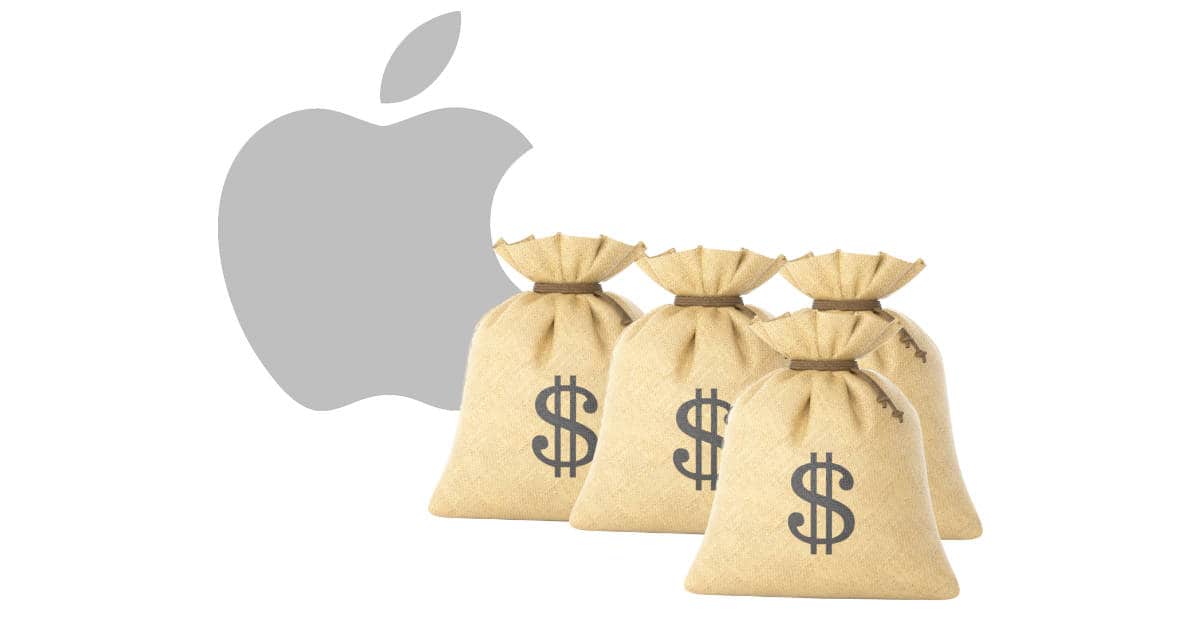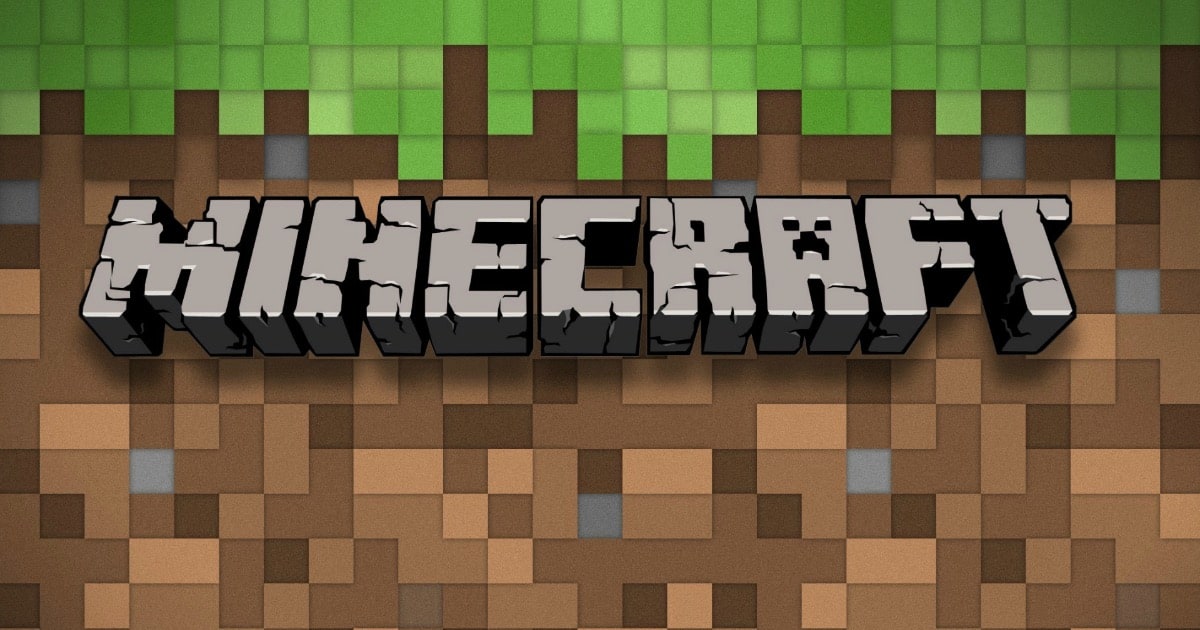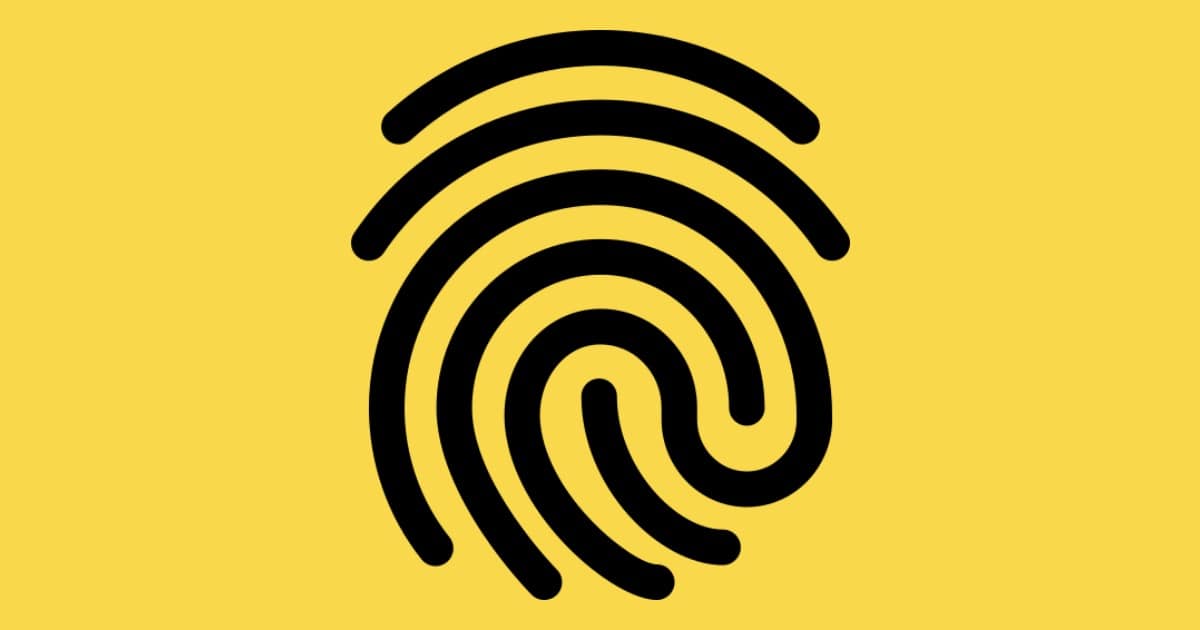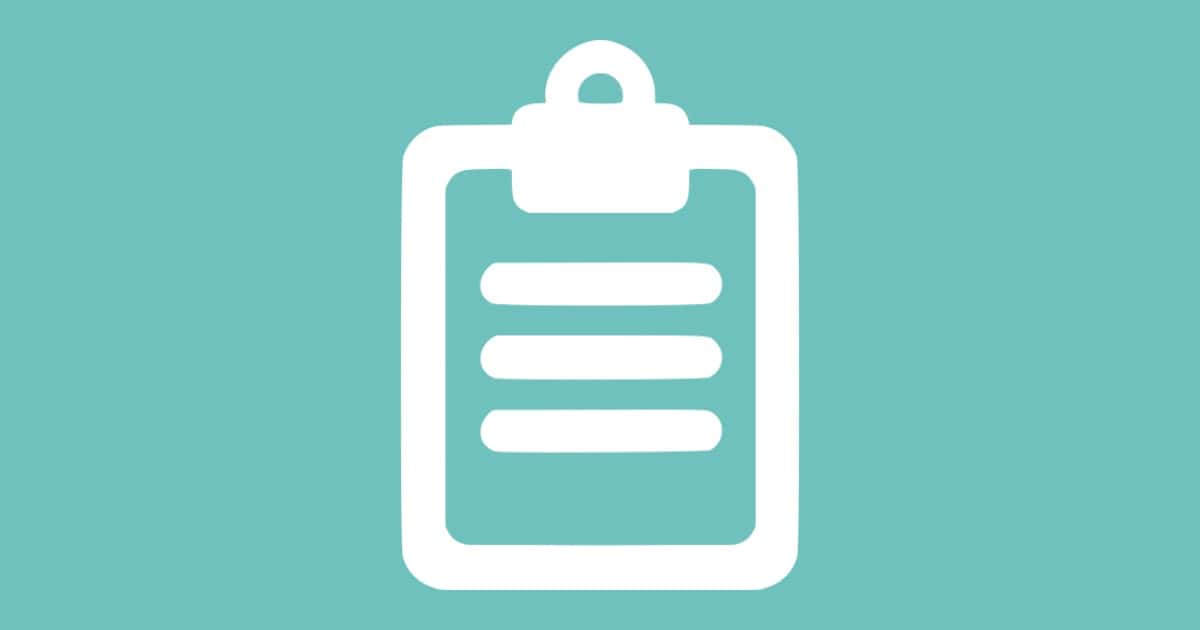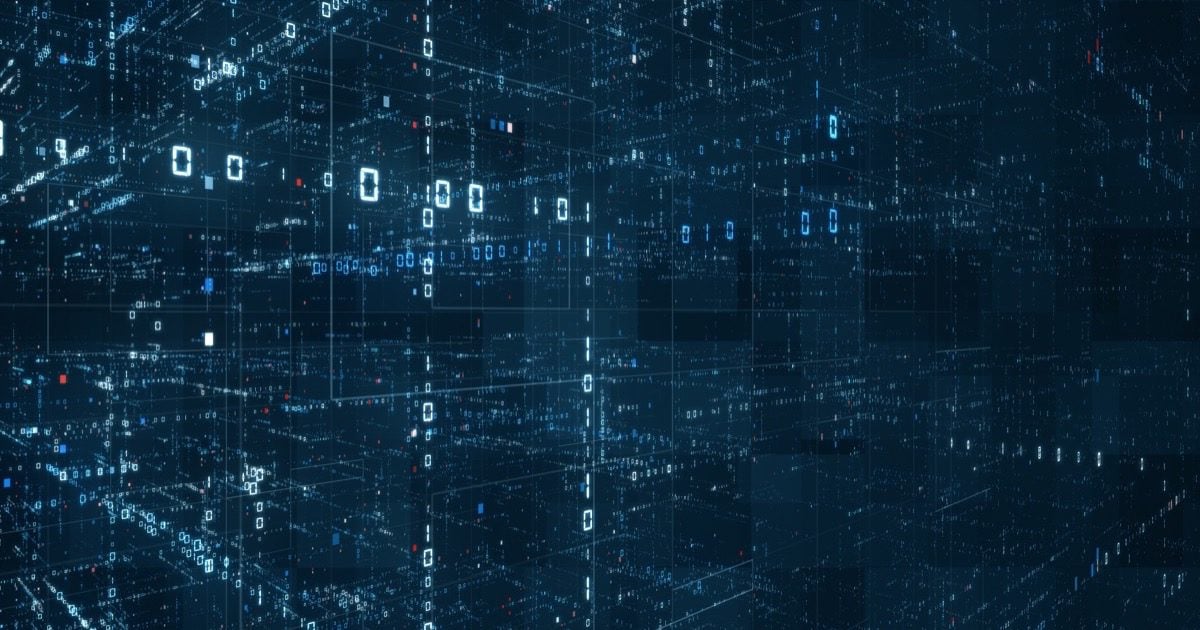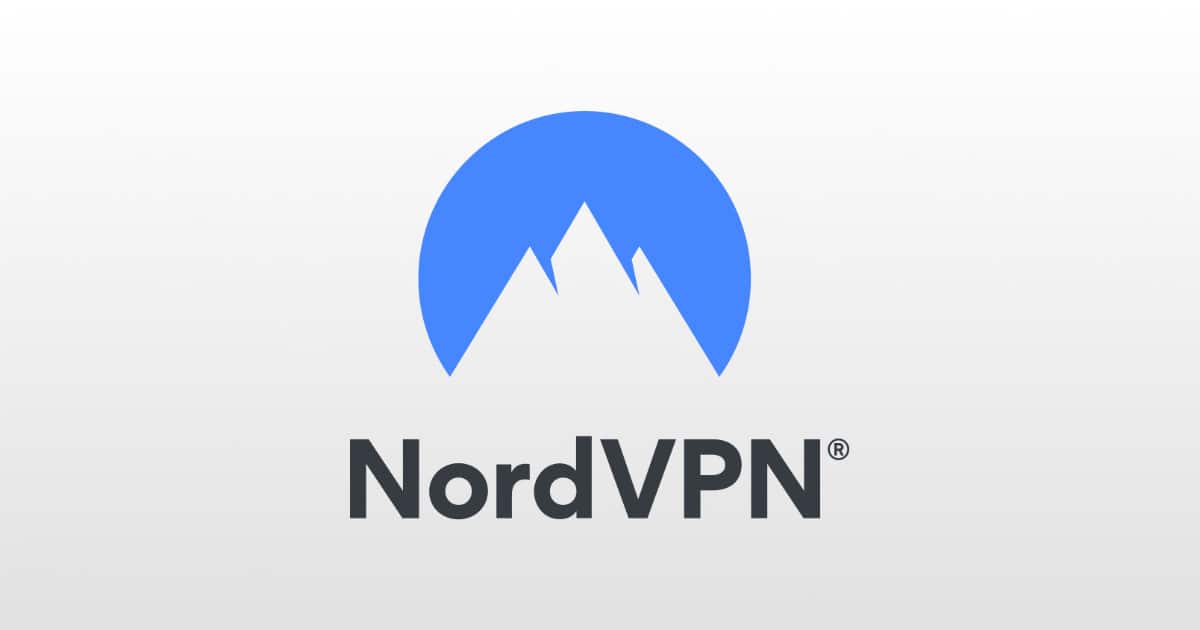Lots of shows have had to suspend shooting due to the coronavirus outbreak. If you need something new to watch in the meantime, you can watch Picard for free. Entertainment Week reported that there is a 30-day free trial for CBS All Access, with a coupon code making all episodes of the Star Trek spin-off available.
You’ll still have to sign up for the CBS streaming service to watch the show, but now there’s a coupon code that unlocks Picard: “GIFT.” The will unlock a one month free trial which includes all shows on the service (so if you want to check out Star Trek: Discovery or old episodes of Next Generation, you can do that too).

